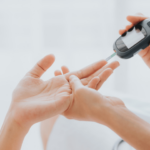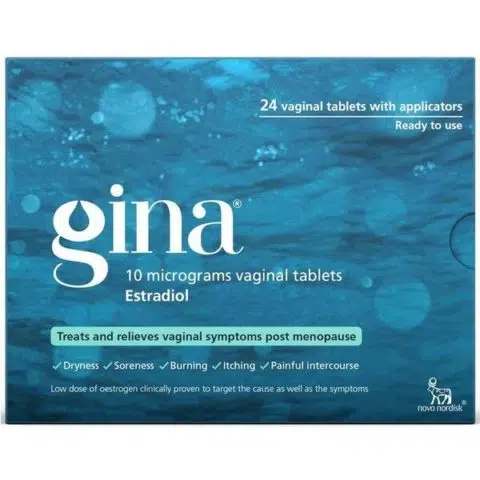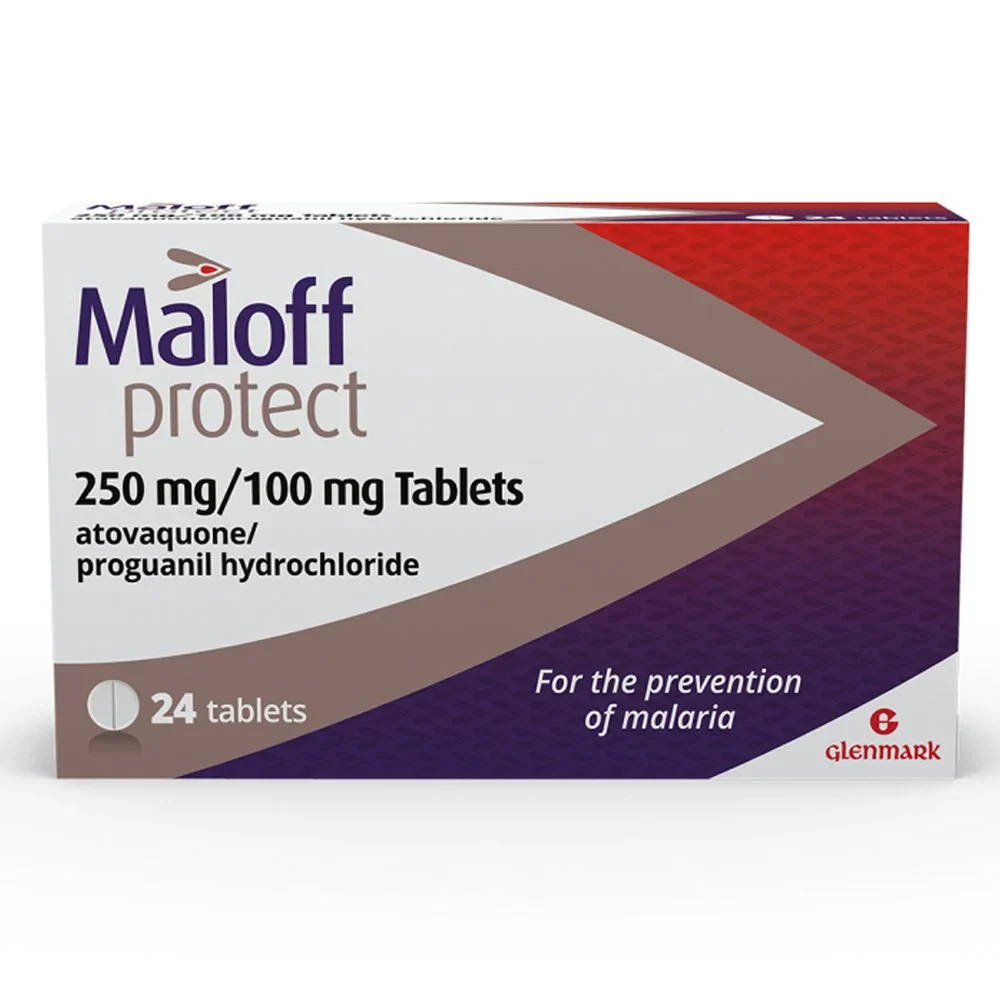- Men's Health

Dispensed by Registered UK Pharmacists

Genuine Medicines Original Quality

Registered Pharmacy- 9011816


- Women's Health
Feminine Hygiene
Vagisil Ultra Fresh Intimate Powder - 100g, Vagisil Ultimate Fresh Intimate Powder, Vagisil Ph Balance Intimate Wash - 250ml, More (52)
Hormone Replacement Therapy
Zumenon Tablets, Tibolone (Generic Livial) Tablets, Premique Low-Dose Tablets, More (11)
Morning After Pill
Myrkl Pill - 30 Capsules, Myrkl Pill - 2 Capsules (1 Packet), Myrkl Pill - 10 Capsules, More (3)
Period Pain
Mefenamic Acid, Feminax Ultra Naproxe 250mg, Cura-Heat Period Pain - 3 Patches, More (2)
read related articles

Dispensed by Registered UK Pharmacists

Genuine Medicines Original Quality

Registered Pharmacy- 9011816


- Chronic Conditions
Eczema & Psoriasis
Zeroguent Emollient Cream 500g, Zeroderm Ointment 500g, Zerocream Emollient for Dry Skin 500g, More (93)
Hay Fever/Allergies
Vicks Sinex Micromist 15ml, Telfast, Sterimar Breathe Easy Isotonic Nasal Hygiene Spray, More (30)
Irritable Bowel Syndrome (IBS)
Senocalm IBS Relief, Pepperminn Oil For IBS Relief – 84 Capsules, Mebeverine, More (8)
Pain Relief
Voltarol Joint Pain Relief 2.32% Gel - 100g, Voltarol Back & Muscle 1.16% Gel - 100g, Vitabiotics Jointace Gel 75ml, More (30)

Dispensed by Registered UK Pharmacists

Genuine Medicines Original Quality

Registered Pharmacy- 9011816


- General Health
Children & Babies
Woodwards Gripe Water, Vital Baby Protect Healthcare Kit, Vital Baby Protect 4 In 1 Contactless Thermometer, More (87)
Constipation Medicine
Senna, Movicol Sachets, Laxido Orange Macrogol Laxative Sachets (Sugar Free) - 30 Sachets, More (6)
Cough & Cold
Vocalzone Throat Pastilles Honey and Lemon - 24 Pack, Vocalzone Sugar Free Throat Pastilles Blackcurrant - 24 Pack, Vicks VapoDrops Suger-Free Lemon And Menthol 72g, More (48)
COVID-19 Testing
Fit-To-Fly Rapid Antigen Lateral Flow Test - Home Testing Kit For Travel, Day Two COVID-19 Test - Rapid Antigen Lateral Flow Test,
Dandruff
Sebamed Anti-Dandruff Shampoo 200ml, Palmolive Naturals Anti-Dandruff Shampoo 350ml, Nizoral Dandruff Shampoo, More (14)
Excessive Sweating
Perspirex Original Antiperspirant Roll-on 20ml, Odaban Antiperspirant Spray, Driclor Roll-On, More (3)
Face Masks
ViMask - Surgical Type IIR, Surgical Face Masks - Type IIR, PPTEX Reusable Face Mask, More (4)
Fungal Infections
Schollmed Once Weekly Fungal Nail Treatment Kit, Scholl Fungal Nail Treatment, Mycosan Fungal Nail Treatment Kit, More (8)
Haemorrhoids/Piles
Xyloproct Ointment, Uniroid HC Suppositories 12 pack, Uniroid HC Ointment, More (12)
Health Tests
NovoPen Echo® Plus Red, KetoSens Blood Ketone Test Strips 10s, KetoSens Blood Ketone Test Strips 10s, More (6)
Lice & Scabies
Vamousse Head Lice Treatment Mousse, Vamousse Head Lice Protection Shampoo, Permethrin 5% w/w Cream - 30g (Brand may vary), More (7)
Managing Medication
Weekly Stackable Pill Box Organiser, Weekly Easy Open Pill Box Organiser, Weekly Cylindrical Pill Box Organiser, More (16)
Nausea
Vertigon Vertigo Dizziness and Nausea 25mg - 28 Tablets, Prochlorperazine, Phenergan 10mg (Promethazine Hydrochloride) - 56 Tablets, More (3)
Scars, Cellulite & Stretch Marks
Palmer's Tummy Butter Stretch Marks 125g, Kelo-Cote Solaire Scar Gel 15g, Kelo-Cote Scar Treatment 15g, More (2)
Sleeping Tablets
Sominex Sleep Aid 20mg (Promethazine), Sominex Herbal – 30 Tablets, Phenergan Night Time 25mg (Promethazine) - 14 Tablets, More (10)
read related articles

Dispensed by Registered UK Pharmacists

Genuine Medicines Original Quality

Registered Pharmacy- 9011816


- Wellbeing Health
Dental
Flarin 200mg - 30 Soft Capsules, Duraphat Fluoride Toothpaste 5000ppm, Dentogen Clove Oil Gel, More (5)
Ear Care
Otomize Ear Spray - 5ml, Otex Express Combi Pack, Otadrop Sodium Bicarbonate Ear Drops - 10ml, More (5)
Eye Care
Wink Lubricating 0.4% Eye Drops - 10ml, The Eye Doctor Tea Tree Lid Wipes - 20 Wipes, The Eye Doctor Intensive Relief Eye Drops - 10ml, More (26)
Foot Care
Scholl Verruca Removal Medicated Plasters, Scholl Fungal Nail Treatment, Scholl Freeze Verruca & Wart Remover, More (9)
hair care
Soap Spirit BP 500ml, Nitrid with Licerum Trigger Spray 120ml, Dermovate Scalp Application - (clobetasol) 30ml, More (3)
Mouth Care
Zovirax Cold Sore Cream, Vitality CBD Oral Drops | Spray 2400mg, Saliveze Mouth Spray 50ml, More (13)
Nasal Care
Sterimar Breathe Easy Isotonic Nasal Hygiene Spray, Snuffle babe Nasal Drop and Spray, Rhinolast Nasal Spray, More (3)
Skin Care
Vitality CBD Oral Drops | Spray 2400mg, Unguentum M Cream 500g, Sunsense Ultra SPF 50+ Pump 500ml, More (40)

Dispensed by Registered UK Pharmacists

Genuine Medicines Original Quality

Registered Pharmacy- 9011816


- Sexual Health

Dispensed by Registered UK Pharmacists

Genuine Medicines Original Quality

Registered Pharmacy- 9011816


- Supplements
Bone
Voost Magnesium 20 Soluble Tablets, Vitabiotics Jointace Gel 75ml, Tiger Balm Muscle & Tension Lotion Roll On - 80ml, More (1)
Herbal Remedies
Vitality CBD Muscle & Joint Gel 500mg / 100ml, Colomint Peppermint Oil Capsules 0.2 ml Enteric Coated (84 Capsules) - Helps Support Digestion,
read related articles

Dispensed by Registered UK Pharmacists

Genuine Medicines Original Quality

Registered Pharmacy- 9011816


- Travel Health
read related articles

Dispensed by Registered UK Pharmacists

Genuine Medicines Original Quality

Registered Pharmacy- 9011816


-


 Dispensed by Regulated UK Pharmacists
Dispensed by Regulated UK Pharmacists



 September 26, 2023
September 26, 2023








 View Product
View Product

